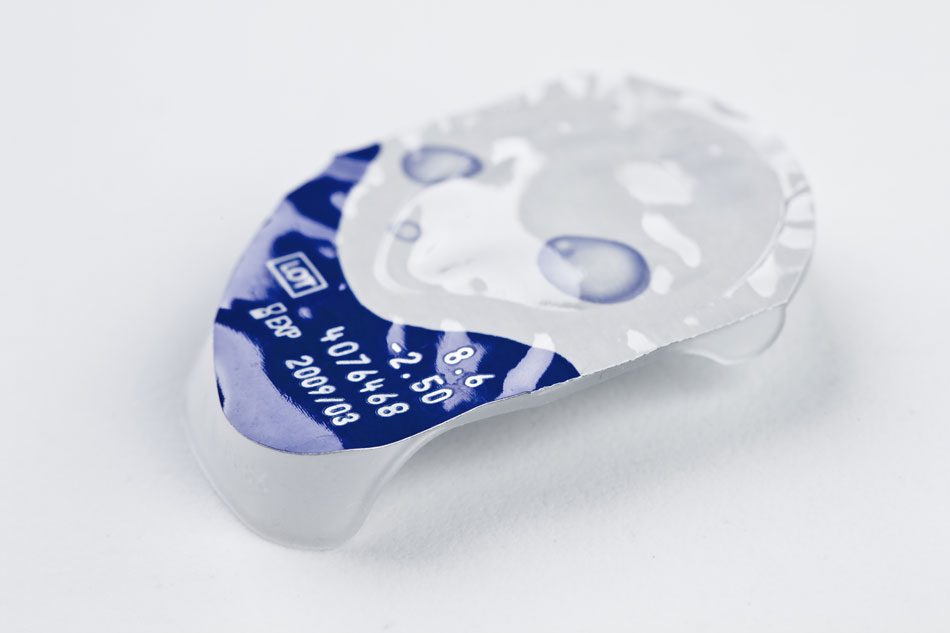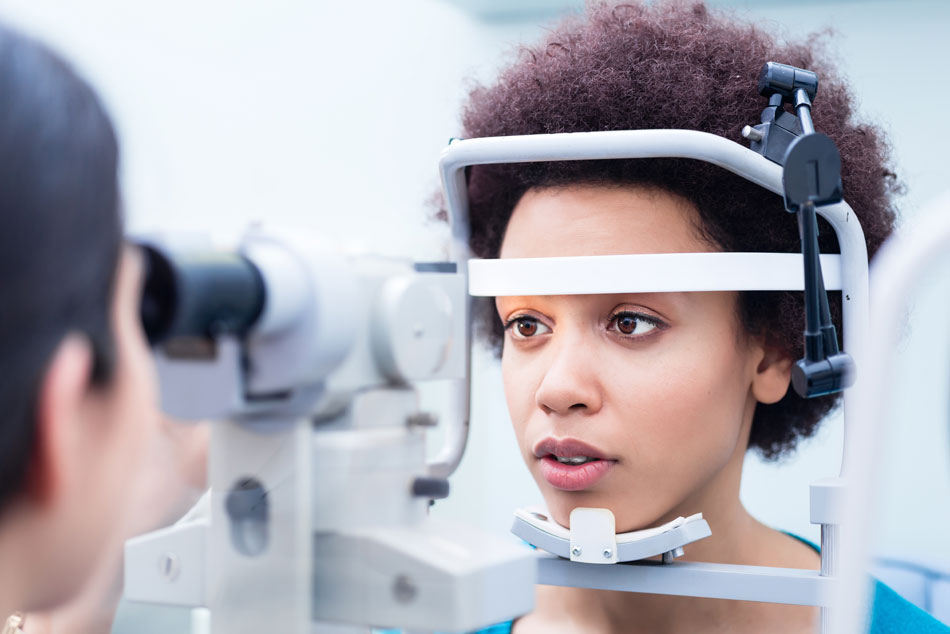Is It Worth the Risk? Why You Should Never Wear Expired Contact Lenses

Did you know that there's such a thing as expired contact lenses? There's a set of digits on the package holding your lenses. This four digit number indicates a given month and year. It's the expiration date of your contacts.
Many people overlook or ignore these critical numbers. But you should pay close attention to them. If you're the frugal type or a daredevil, you might throw caution to the wind and wear contacts past the stamped date. After all, milk isn't truly expired even if the carton says it is, right?
The worst thing that could happen from possibly spoiled milk is some digestive problems. But don't apply the same logic to your contact lenses. Wearing old contacts is more dangerous than you think.
Read on to discover just why you should never wear expired contact lenses.
Expiration Dates Keep Your Eyes Safe
That expiration date printed on the package of your contact lenses isn't a ploy by the manufacturer to sell more lenses. It's a regulation from the U.S. Food and Drug Administration (FDA) for your health. This is because contact lenses are a medical device.
Proper maintenance of medical devices is essential for safety. With contact lenses, manufacturers must prove that the packaging and its solution remain effective within a certain time frame.
The expiration date tells you that your new lenses are safe to put in your eyes. The date also tells you when it's time to order more lenses. This expiration date is a great way to effectively manage the integrity of your lenses and eye health.
What Part of the Lens Expires?

New contact lenses arrive in solution and airtight packaging. These components must keep your lenses free from contaminants until you open the package.
The solution in the package is only required to keep your lenses clean and safe through the expiration date. Like any other prescription or over-the-counter medication, contact lens solution isn't guaranteed to be effective beyond the expiration date.
The lens itself also degrades over time. A freshly-packaged lens is safe for your eyes. But depending on the type of contact, it's possible that a lens beyond its expiration date is no longer structurally sound.
You want to ensure that your contact lenses are contaminant-free and not warped or degraded. So don't wear them beyond the expiration date!
Your Eyes Change Over Time

The prescription for your contacts is good for one year past the date you received it. You should always have your eye exam every year. This helps keep your prescription up-to-date and your eyes in their best health.
If you use expired contacts, you put unnecessary strain on your eyes. When straining to see through old lenses, you risk damaging your eyes. You might also experience symptoms such as:
- Headaches
- Blurred vision
- Brow aches
- Eye pain
- Nausea
Whenever you get a new prescription, toss your old lenses. By doing so, you'll take good care of your eyes and reduce any possible symptoms. Use only your current prescription and contacts.
What Are the Risks?
We realize it's tempting to do all that you can to save money. Wearing contacts longer than you should helps you get an extra week out of them. Sales and specials help to build your stockpile of lenses to last through an apocalypse.
While being frugal is a valuable skill, it's only worth it if your efforts keep you safe. Don't wear old contacts! You'll need good eyesight to survive that impending apocalypse!
Eyes Are Sensitive to Contaminants
Wearing expired lenses is not a safe practice for your eyes. And when issues begin, it becomes an expensive matter to resolve.
You might save a few bucks by stocking up on your lenses before your prescription expires. But you risk expensive problems for your eyes. Packages of unopened contact lenses are susceptible to damage. The packages bump around a warehouse before bumping their way to you through shipping.
Damaged packaging allows contaminants to get inside the seal protecting your lenses. Even if your lenses stay perfectly packaged, the seal eventually loses its efficiency. Fungi, bacteria and amoebae may find their way in after the expiration date.
When contaminants get onto the contacts, they end up in your eyes. This can cause serious eye infections. And these infections lead to severe complications or blindness.
How and where you store your unopened boxes of contacts is also important. Heat or other conditions can easily damage the package, as well as the solution and lenses inside.
I'm Wearing Expired Lenses Now. What Do I Do?

We aren't trying to scare you, but wearing expired lenses is a serious cause for concern. But if you're reading this and are currently wearing expired contacts, don't freak out. Here are some steps to take:
- Stop wearing your old lenses immediately. Wear your glasses only.
- Schedule an appointment with your optometrist.
- After your eye exam, you'll get a new prescription. Take it to your favorite online retailer and order your new lenses.
- Wear your glasses until your new lenses arrive.
- Keep an "eye" on your eyes.
Your doctor would've noticed if you had any infections during your exam. But it doesn't hurt to keep track of things until you get your new contacts.
If you think you have an eye infection, contact your optometrist right away. Most infections clear up with antibiotic eye drops. Fast treatment of the issue keeps the infection from causing more serious problems.
Never Wear Expired Contact Lenses Again!

On balance, wearing expired contact lenses is never worth saving a few dollars. The number of things that could go wrong with your eyes is too great.
Now that you know the dangers of wearing expired lenses, you should avoid ever doing so again. Save yourself the time and expense of treating infections and damaging your eyes.
Find better ways to save money on your contact lenses. Online retailers provide FDA-approved lenses from major brands. You can shop for daily, weekly or monthly lenses at lower prices than most stores.
